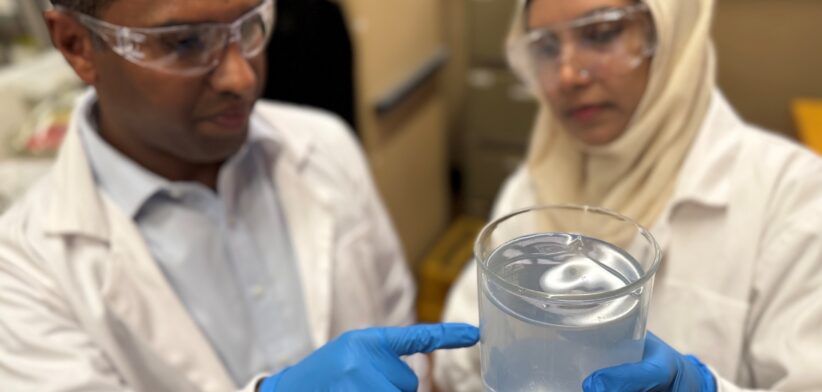Australian researchers have developed a new wastewater treatment system that will help prevent “fatbergs” forming.
Senior lead researcher Dr Biplob Pramanik, form RMIT University, in Melbourne said the new process removed up to 98 percent of fats, compared to 40 percent in traditional systems.
Dr Pramanik said the new system would help prevent fatbergs, solid masses of fat, oil and grease (FOG) that clogged sewers and cost water utilities globally billions to remove each year.
He said these congealed blockages, formed when FOG binded with wet wipes and other debris, reduced sewer capacity, triggered overflows and posed public health risks.
“This is a major step forward in preventing FOG from entering our sewers.”
Dr Pramanik said the system combined a redesigned grease interceptor featuring physical barriers with a specialised chemical treatment to capture both large and emulsified fat particles.
“Traditional grease traps aren’t designed to catch the finer particles and emulsified fats in modern kitchen wastewater,” he said.
“Our system targets all fat types, even hard-to-remove emulsified fats that slip through conventional traps.”
Dr Pramanik the system had proven effective in real-world conditions with high temperatures and detergent use and could be scaled for different kitchen sizes and retrofitted to existing grease management systems.








